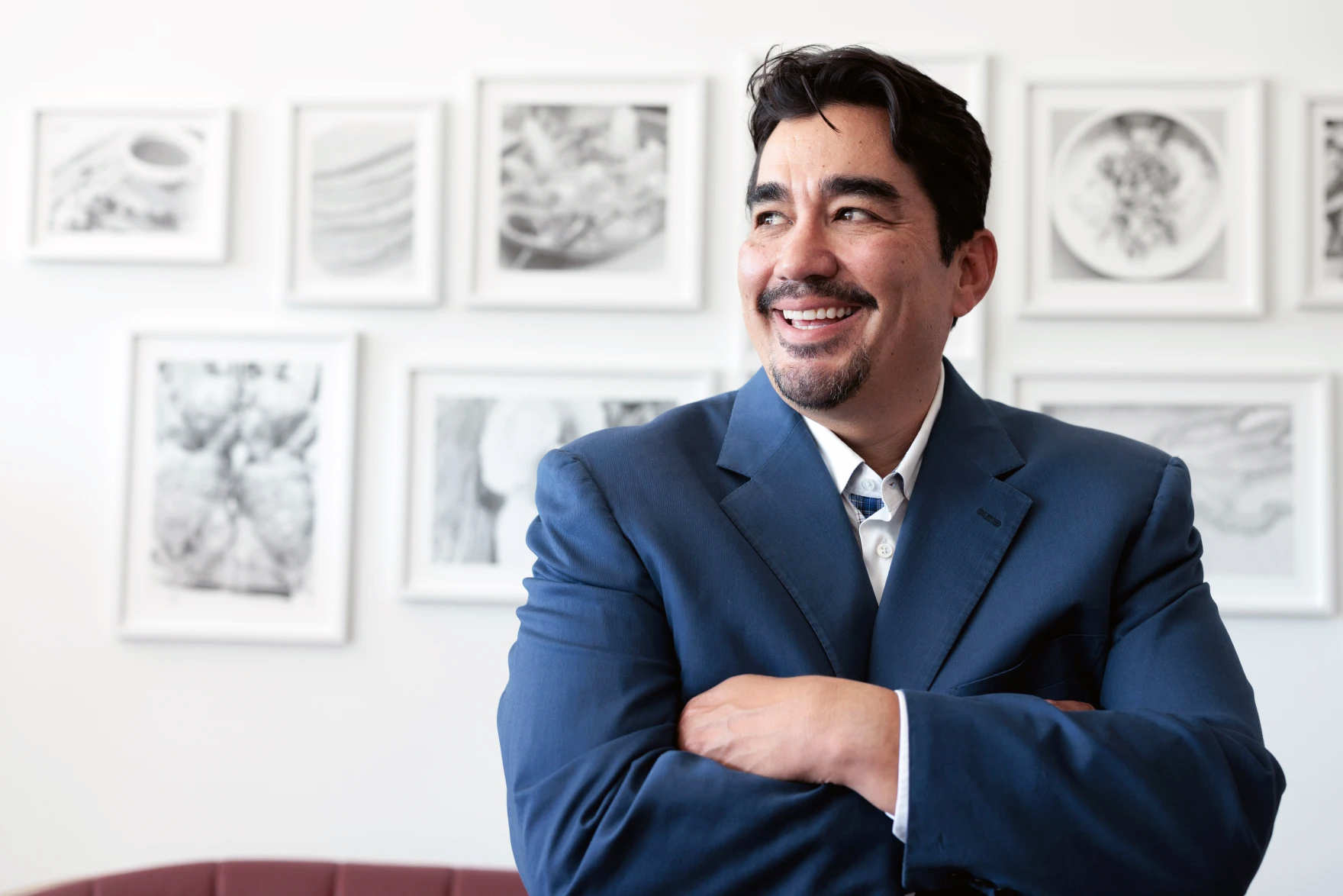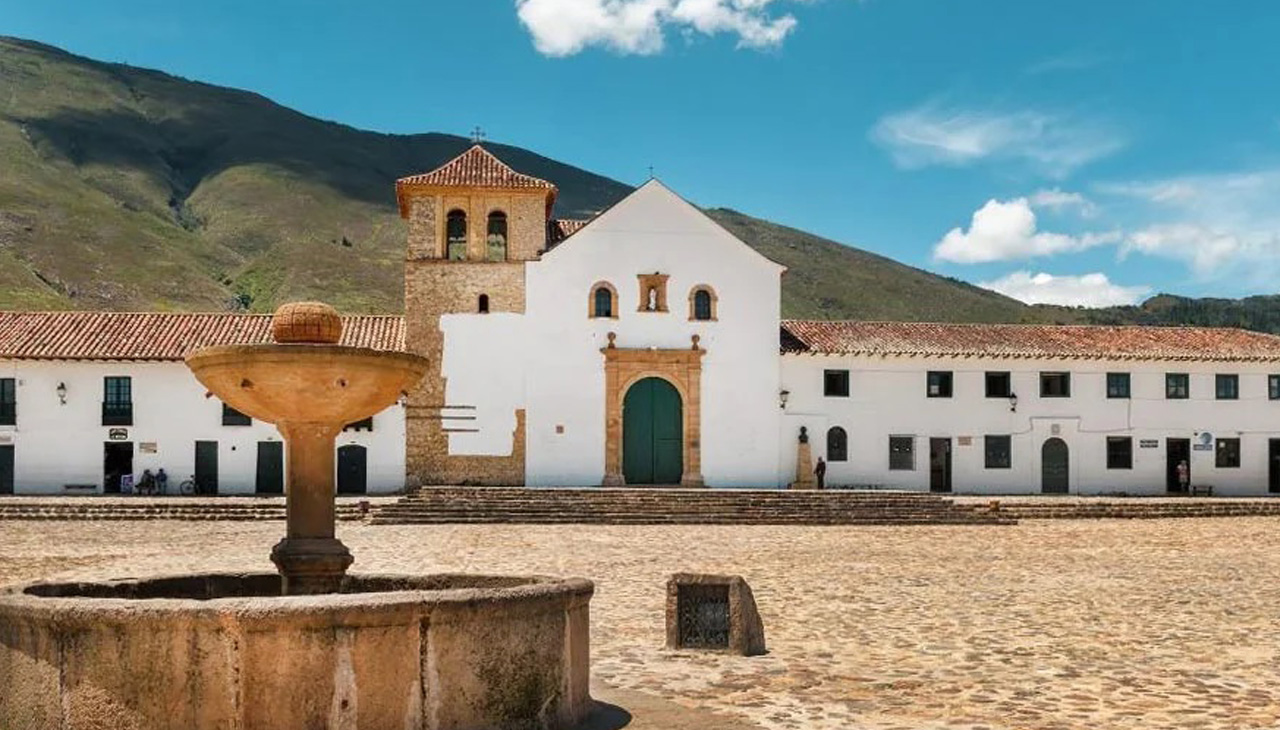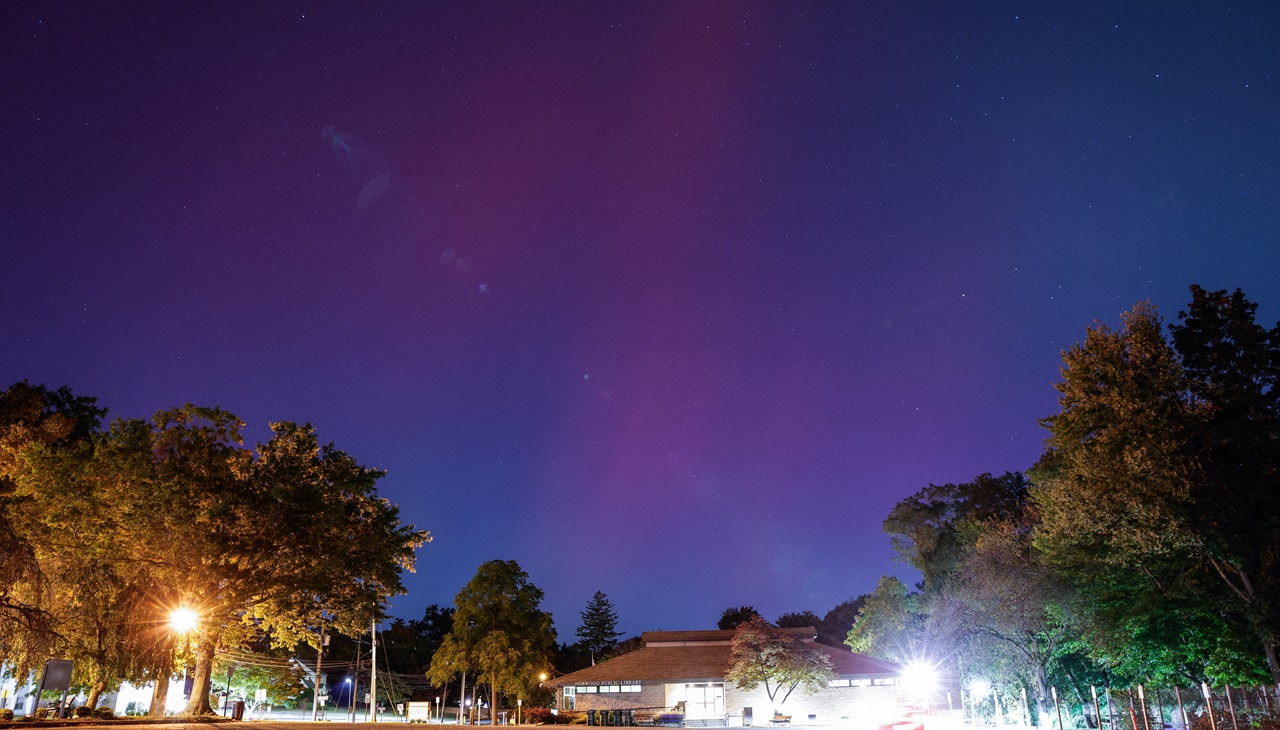
Admiral Padilla, Cartagena's First Naval Hero
Jose Padilla was a mulatto who today is recognized as the greatest naval hero thanks to his efforts to fight for the independence of Cartagena.
Much is said about the historical characters of Cartagena de Indias such as India Catalina, Blas de Lezo, Simón Bolívar and Antonio Nariño. But there are other great managers of the struggle in the city, as is the case of Admiral Jose Prudencio Padilla Lopez.
Admiral Padilla was born in 1784 in the city of Riohacha. He was a mulatto (son of Spanish and African race) and enlisted in the Royal Spanish Navy, participating in the Naval Battle of Trafalgar aboard the ship "San Juan Nepomuceno", commanded by Captain Cosme Damian de Churruca. He was a prisoner of war during the Franco-Spanish defeat, sharing three years of captivity with the then Infantry Captain Pablo Morillo. When he returned to Cartagena de Indias he obtained the position of boatswain's mate of the Arsenal.
When he returned to New Granada in 1808, Padilla was appointed boatswain of the Arsenal of Cartagena de Indias, where he subscribed to the proclamation of Independence of Getsemaní, on November 11th, 1811.
A few days before the siege of 1815 by Pablo Morillo, Padilla captured in the Gulf of Morrosquillo the frigate "Neptuno" that had sailed from Spain on March 9th, 1815; for this fact the supreme board of Cartagena promoted him to Ensign of Frigate.
After the siege of Cartagena, Padilla fled to Haiti along with other companions; there he joined Simón Bolívar for the planning and development of the campaigns over Venezuela and New Granada. He consolidated the independence of the north of Gran Colombia, composed by Escudo de Veraguas, New Granada and Venezuela, which propitiated the Southern Campaign that culminated in Ayacucho.
RELATED CONTENT
In 1823 Padilla was appointed by Vice President Santander to lead the Maracaibo campaign from Riohacha, in command of five brigantines, seven schooners, and seventeen other vessels. On July 24th, 1823, Padilla managed to rise victorious in front of the castle of San Carlos, in the naval battle of Lake Maracaibo, thus seizing the lake, the Spanish squadron being torn to pieces and humiliated, which resulted in the capitulation of Field Marshal Francisco Tomás Morales on the following August 3rd. For his triumph in Maracaibo, Padilla was promoted to major general, was awarded a gold medal and an annual pension of 3.000 pesos.
Once the war at sea was over, Padilla occupied a position as Senator of the Republic for the department of Magdalena, but due to political clashes he was arrested on April 1st, 1828 in Cartagena and taken to Bogotá, where he was surprised by the Septembrina Conspiracy. The Secretary of War, General Rafael Urdaneta, judge and party of the situation, dictated against Padilla the death sentence (hanging and confiscation of goods), and he was executed together with Colonel Ramón Nonato Guerra, who was Chief of Staff of the Army, on October 2nd, 1828.
The National Convention of 1831, rehabilitated his memory for all the Colombian people, considering him for his sacrifice as a martyr of democracy and leaving a very high legacy for all Colombian Marines, for which he is known as the greatest naval hero of the country.
Currently, the naval cadet school located in Cartagena de Indias is named after Admiral Padilla in his honor.











LEAVE A COMMENT: